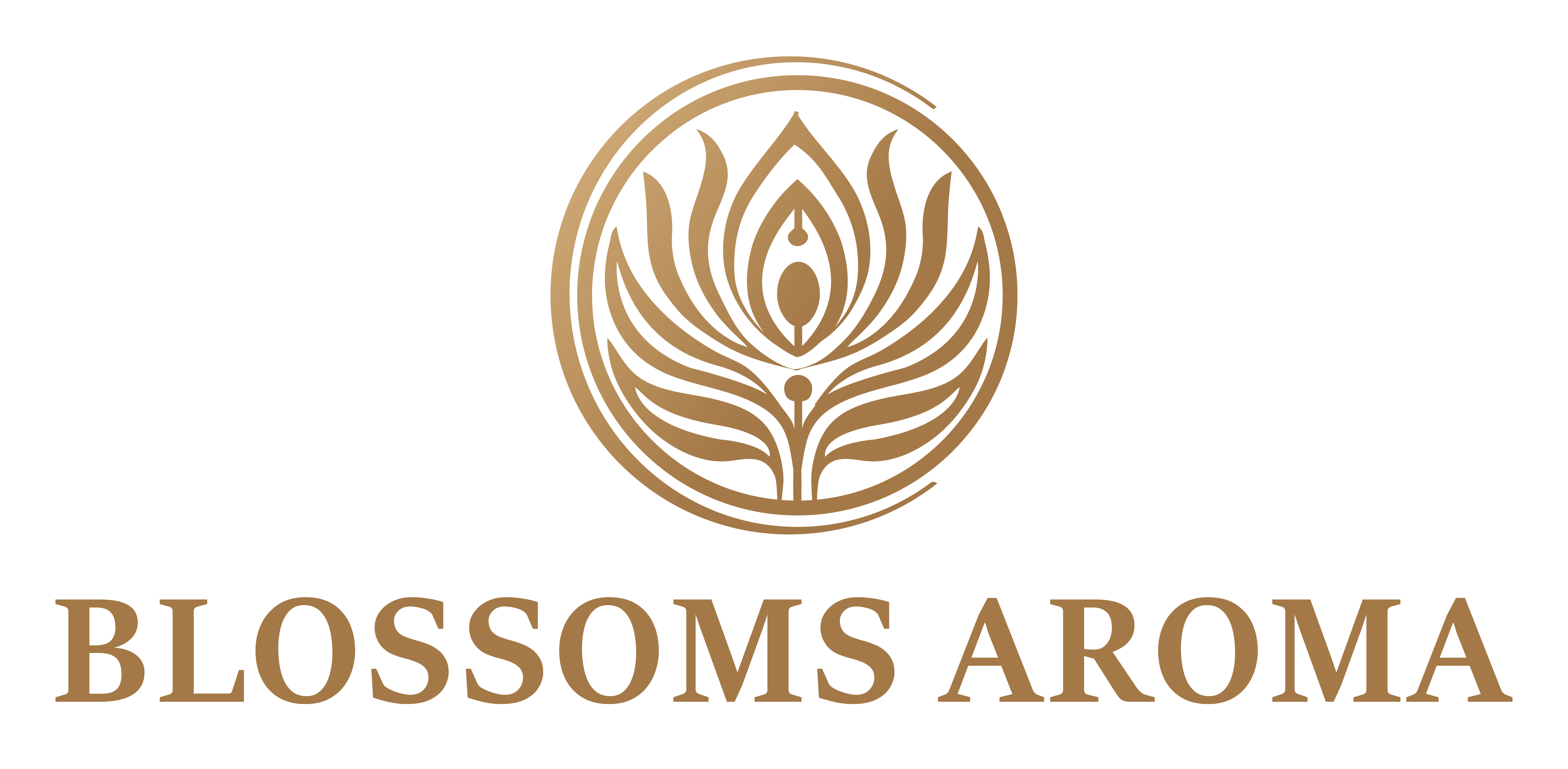karanj seed OIL
All About Karanj Seed Oil:
Karanj seed oil, derived from the seeds of the Pongamia pinnata tree, is a versatile oil known for its numerous therapeutic properties. Native to the Indian subcontinent and Southeast Asia, karanj oil has been utilized for centuries in traditional medicine and various industrial applications.
Karanj Seed Oil Specifications:
GENERAL CHARACTERISTICS
- Product: KARANJ SEED OIL
- Botanical Name: Pongamia pinnata
- Family: Fabaceae
- Part of the plant used: Seeds
- Fema number: NA
- CAS NO.: 66071-13-4
- HSN CODE: 1515.90.10
- EINECS Number: 266-028-2
- Appearance: Viscous liquid
- Colour: Pale yellow to greenish-brown liquid
- Odour: Mild, nutty aroma
IDENTIFICATION
- A. TLC: It complies with test
- B. GC: It complies with test
PHYSIO-CHEMICAL PROPERTIES
- Relative density: 0.910 – 0.940
- Refractive index at 20°C: 1.470 – 1.480
- Optical rotation: (-20°) – (-10°)
- Storage: Store in a cool, dry place away from direct sunlight.
Karanj Seed Oil History: Karanj seed oil has a rich history in traditional Ayurvedic medicine, where it was used to treat various skin conditions, respiratory ailments, and rheumatic disorders. It has been revered for its therapeutic benefits and nutritional value.
Karanj Seed Oil Industrial Uses: Today, karanj seed oil finds extensive application in pharmaceuticals, cosmetics, agriculture, and biodiesel production. Its diverse properties make it a valuable ingredient in skincare formulations, hair care products, insect repellents, and organic fertilizers.
Properties (Based on COA Report)
- Synonyms: Pongamia oil, Indian beech oil
- Botanical Name: Pongamia pinnata
- Part Used: Seeds
- Color: Pale yellow to greenish-brown
- Viscosity: Medium
- Perfumery Note: Mild, nutty
- Shelf Life: Approximately two years
- Density: 0.910 – 0.940
- Refractive Density: 1.470 – 1.480
EXTRACTION: Karanj seed oil is extracted from the seeds of the Pongamia pinnata tree through a cold-pressing method or solvent extraction. Cold-pressing preserves the oil’s natural properties and ensures high-quality oil suitable for various applications.
ECOLOGICAL INFORMATION: Pongamia pinnata trees thrive in tropical and subtropical regions with well-drained soil and ample sunlight. They are known for their nitrogen-fixing properties, making them beneficial for soil fertility and ecological restoration.
15 Proven Uses and Benefits:
- Skin Care: Karanj seed oil moisturizes the skin, reduces inflammation, and treats various skin conditions such as eczema, psoriasis, and acne.
- Hair Care: It nourishes the scalp, strengthens hair follicles, and promotes healthy hair growth.
- Wound Healing: Karanj oil accelerates wound healing, reduces pain, and prevents infection when applied topically.
- Anti-inflammatory: It alleviates inflammation and soothes joint pain associated with arthritis, rheumatism, and gout.
- Antimicrobial: Karanj seed oil exhibits antimicrobial properties, making it effective against bacteria, fungi, and viruses.
- Insect Repellent: It repels insects such as mosquitoes, ticks, and fleas, protecting against insect bites and vector-borne diseases.
- Analgesic: Karanj oil relieves pain and discomfort caused by muscle aches, sprains, and bruises.
- Anti-dandruff: It controls dandruff, soothes an itchy scalp, and promotes a healthy scalp environment.
- Emollient: Karanj seed oil softens and smoothes the skin, improving overall skin texture and appearance.
- Anti-aging: It reduces the appearance of fine lines, wrinkles, and age spots, promoting youthful-looking skin.
- Lip Care: Karanj oil moisturizes dry, chapped lips, keeping them soft and supple.
- Muscle Relaxant: It relieves muscle tension and stiffness, promoting relaxation and flexibility.
- Respiratory Health: Karanj seed oil supports respiratory health, alleviating symptoms of cough, congestion, and asthma.
- Liver Health: It detoxifies the liver, improves liver function, and supports overall liver health.
- Natural Fertilizer: Karanj oil cake, a byproduct of oil extraction, serves as an organic fertilizer, enriching the soil with nutrients and enhancing crop yield.
Abstract or How to Extract it? The chemical composition of karanj seed oil includes pongamol, karanjin, flavonoids, and fatty acids, which contribute to its therapeutic properties and nutritional value.
CONCOCTION: Karanj seed oil blends well with essential oils such as lavender, tea tree, peppermint, and eucalyptus, enhancing its aroma and therapeutic benefits.
SAFETY MEASURES:
- Eye Contact: Rinse eyes with water immediately and seek medical attention if irritation persists.
- Skin Contact: Wash affected area with soap and water. Seek medical advice for severe irritation or allergic reactions.
- Inhalation: If inhaled excessively, move to fresh air and seek medical attention if respiratory discomfort occurs.
- Ingestion: Do not ingest karanj seed oil. Seek medical advice immediately if ingested accidentally.
STORAGE & HANDLING:
- Store karanj seed oil in a tightly sealed container in a cool, dry place away from direct sunlight.
- Keep out of reach of children and pets to prevent accidental ingestion or misuse.
- Use caution when handling undiluted karanj oil to avoid skin irritation or allergic reactions.
TOXICOLOGICAL INFORMATION: Karanj seed oil is generally safe for topical use when properly diluted. However, it is recommended to perform a patch test before widespread use to check for any adverse reactions. Avoid excessive use, especially for individuals with sensitive skin or allergies. If irritation occurs, discontinue use and consult a healthcare professional.

